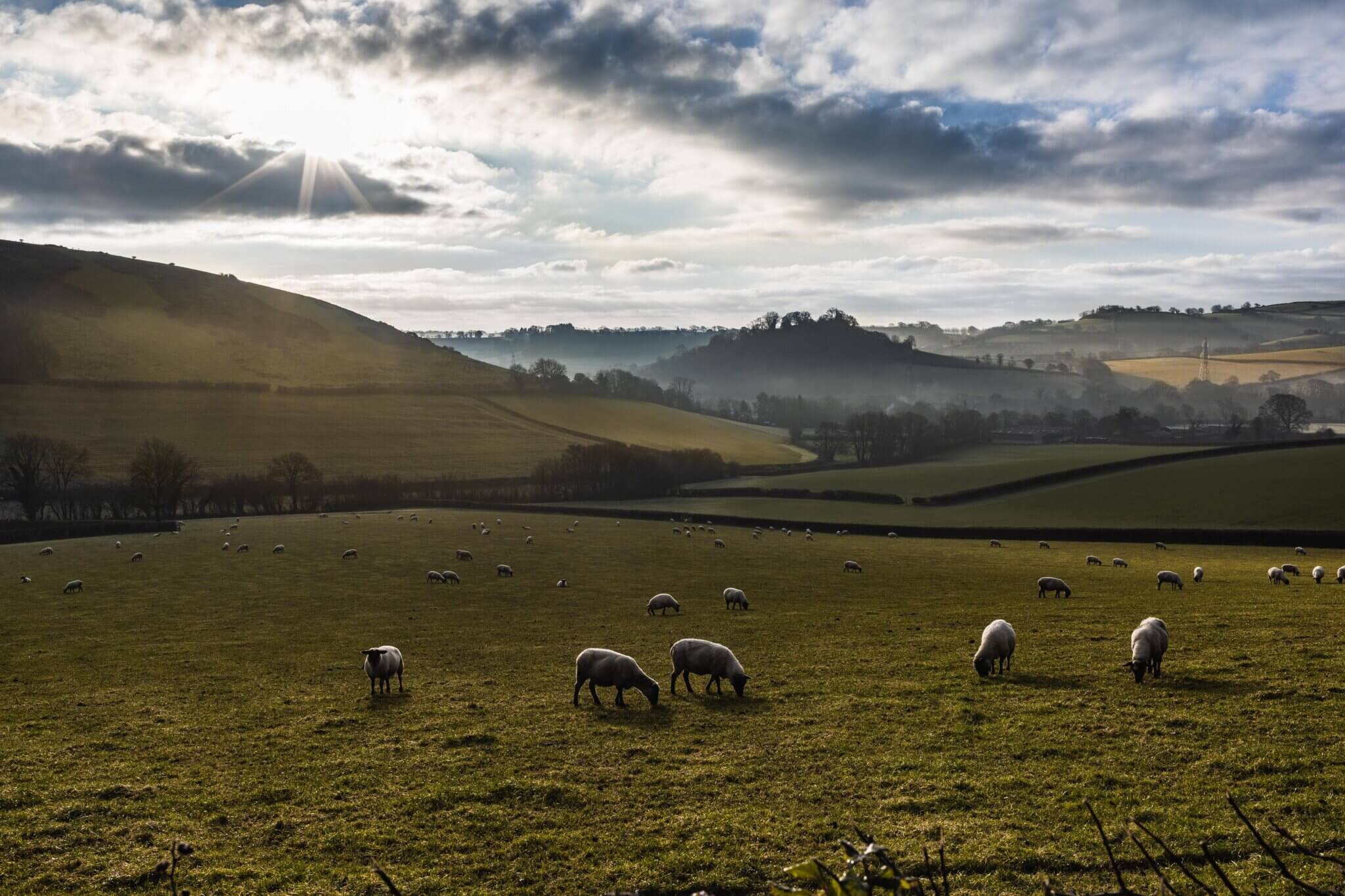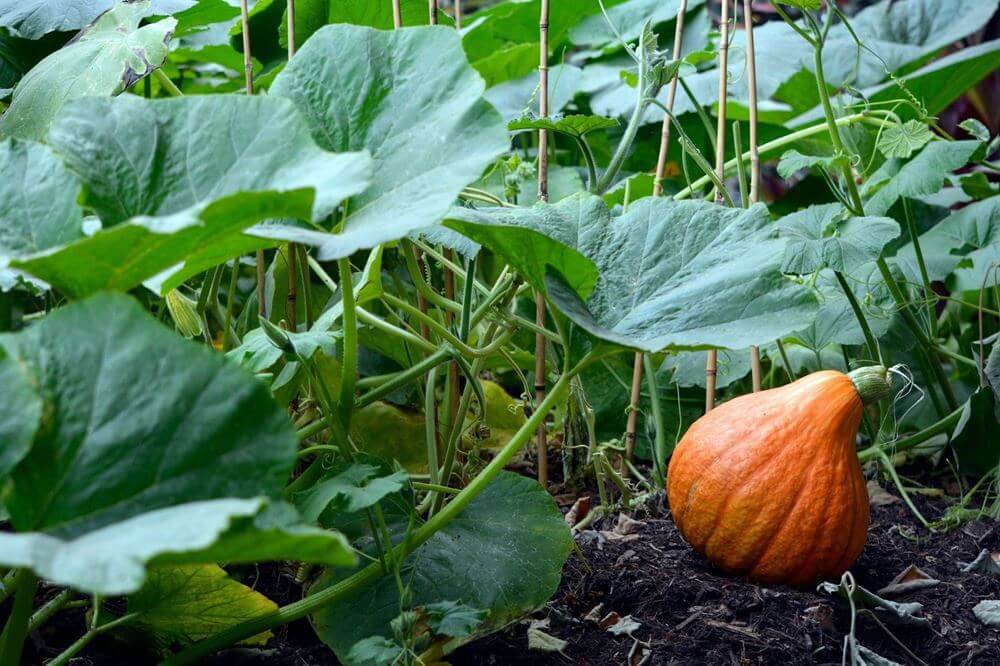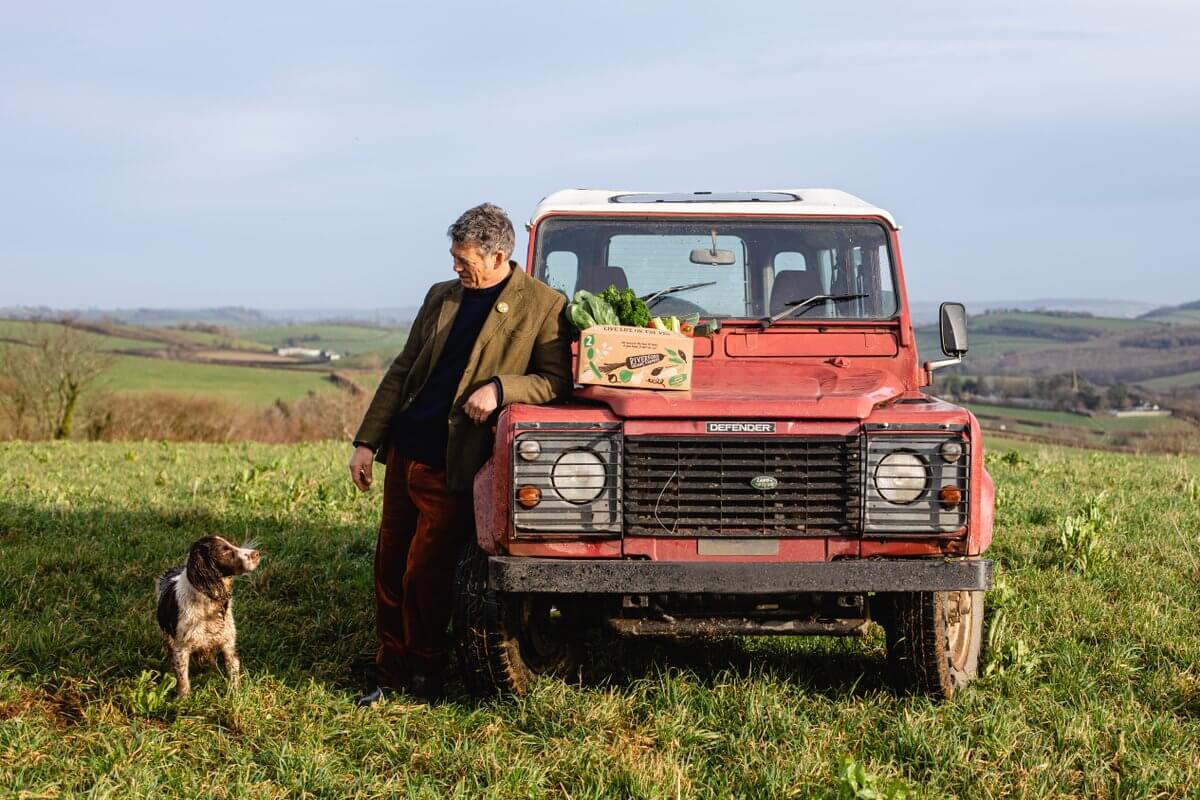The Conservatives have traditionally been able to take the rural vote for granted. If you painted a sheep blue, most farmers would have voted for it. But polls now suggest the previously unthinkable: a huge swing putting Labour ahead in rural areas.
At the NFU conference last week, the union’s outgoing president called the Conservatives’ decisions on farming “morally bankrupt”. She showed no sign of being reassured by our prime minister, who promised farmers: “I have your back.”
So why are farmers blocking motorways, markets, and depots across Europe? For the most part, the answer is money – with a complex emotional backdrop:
1. Farmers are being treated unfairly by large retailers. Ruthless exploitation of market power has seen the proportion of food spend that’s paid to farmers relentlessly falling, while food processors and retailers take more for themselves.
2. Costs and regulations associated with climate change and biodiversity loss are increasing, while fuel subsidies decrease. There is no question that farmers need to do better environmentally, but I am infuriated by how effectively the fossil fuel industry has shifted the climate change debate onto the shoulders of farming. An environmental NGO preparing for COP-28 told me that they had given up fighting the power of fossil fuel producers, so were focusing on farmers instead.
3. Climate change is already massively increasing risks and crop losses. Most notably droughts in southern Europe, but also extreme winter rainfall in the UK.
4. In the UK, Brexit has been disruptive and stressful – adding costs to trade, employment, and many farming inputs (such as fuel and fertiliser).
5. Rightly or wrongly, farmers feel undervalued, victimised, and confused as to their role. Do they grow food or provide environmental services?
Farming isn’t paying. In many areas, it hasn’t paid for years. Farmers have tightened their belts, drained their savings, borrowed, and sent their partners off the farm to work. There is nothing more to squeeze out of them. Knee-jerk calls to “ditch the green crap” can resonate with those who are isolated and desperate – and such calls are gaining traction.
The answer to all this is to pay farmers fairly, and give them clarity and pride in the role they must play in a well-planned, well-regulated green transition. This has often been promised, but is yet to be delivered.










A notable cocktail of real issues. Farmers cannot untangle these situations without a holistic solution that actually works. Work to rebalance the market is needed to protect our countryside and our own food resources. Dogma over “cost” has blindly driven our national future into a dark place. Let’s hear more about how we can rescue our nations countryside heritage and restore our National resources for a better future. A clear summary of the problem does allow a solution to evolve but time does not serve our farmers and countryside well. At the coming election look for solutions not Dogma.
Interesting summary and nothing here to disagree with… but lacking the word “consumer” in any context at all. This is remarkable from a business that has inspired us all by circumventing the middlemen.
The fact is, consumers’ money drives everything. Perhaps it is so obvious, no one is talking about it. Until our politicians face the unsavoury task of challenging consumer behaviour, nothing will change.
Retailers and processors have consumers hanging on their every campaign, so much so that more than half of all food we eat is ultra processed. 60% of food consumers eat in the UK is produced by UK farms… Ask any farmer if they feel like a majority shareholder in the feeding business and they’d likely laugh (or cry).
Your choice of what to eat directly impacts the way food is produced. Our farming is quite literally what you eat. We ARE what YOU eat. If you make bad choices, farming suffers, farmers suffer immediately and profoundly and so do the natural systems that support food production.
You won’t change the behaviour of middlemen. Ever. You can replace them and you can help consumers change them. But consumers need to change first.
No amount of discussion of how much farmers are paid and for what out of public funds will change this actual financial imperative.